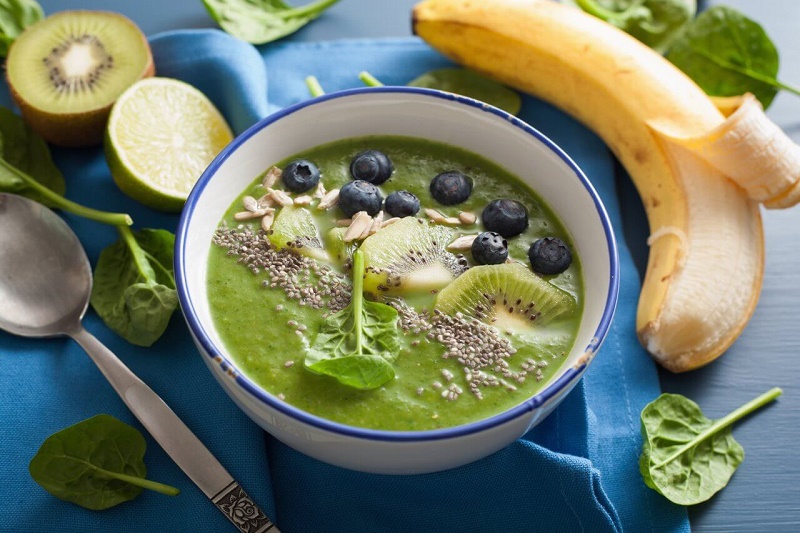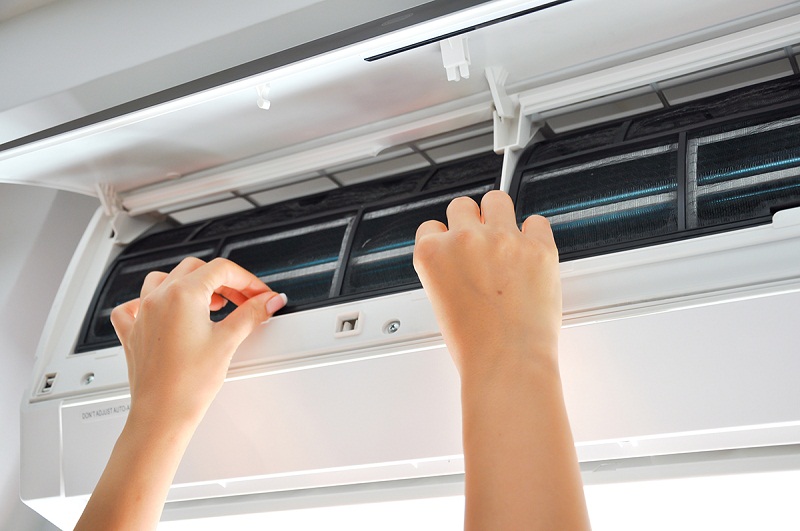Simple everyday gestures are enough to turn our way of living into an act that is more respectful of the environment. Sustainable or green living related to sustainable lifestyle. Replacing bulbs with low-power lights, lowering the heating level by a degree or disconnecting the charger from the mobile when it is not being used are just some small actions that will help reduce the waste of energy that occurs in most homes. Here, we’ll write 40 sustainable living tips that can help lower domestic bills and, in parallel, reduce the impact on the environment.
Sustainable living tips

These are 40 sustainable living tips to enjoy a sound life:
Energy
1. Turn off the light that you are not using and does the lighting of the house according to the needs and not the aesthetics; choose light colors for the walls and take advantage of natural light.
2. Choose low consumption or led light bulbs, which are more efficient and leave no residue. Do not forget to clean the lamps regularly.
3. Opt for efficient appliances, identified with the letter A.
4. Turn off the devices and avoid the standby mode, which likewise consumes energy. Better unplug everything possible, to save the “vampire consumption.”
5. Lower the heating and regulate the cooling to one degree, it allows reducing the accounts between 5% and 10%.

6. During the night or prolonged absences, reduce the thermostat to 16 ° is enough to keep the heat.
7. Consider the option of putting efficient insulators in your home; you can reduce heating costs by up to 40%. In winter heating can account for more than 60% of a house’s energy consumption.
8. The green energy of solar panels is still expensive, but the investment is paid in a couple of years and can lower electricity and gas costs.
9. Organize and share the car with neighbors, friends or family, save fuel, pollute less and help decongest the city.
10. Opt for the metro a couple of times a week; saves fuel (although patience is required at peak times).
11. Walk or use the bicycle for short trips. Trips of less than 3 kilometers are more expensive and pollute. The first kilometer uses 80% more than the average of the trip and the second kilometer, 50% more.
12. Use the stairs, 15 seconds of elevator equals a lit bulb of 60 watts per hour.
You may like also: how to iron silk
Economy
13. Before buying think if you need another pair of shoes for your already full closet or the latest cell phone model when yours still works.
14. Choose quality and non-disposable products; guarantee better performance and longer life. They earn our pocket and the environment since they save natural resources, pollution during processing or manufacturing and garbage for landfills when they come to an end.

15. Beware of offers and promotions of all kinds, from the supermarket to the multi-store: fresh foods end up being discarded, and cheap or reduced products sometimes damage some link in the production chain: usually poorly paid Asian workers.
16. Prefer fair trade and organic products (which guarantee low environmental impact throughout the life cycle), both have multiplied and are now easier to find.
17. Repair before changing. Electronic services, carpenters, shoemakers, can extend the useful life of our things, which saves money and prevents huge amounts of waste.
Water
18. If you already take short showers, you can improve your saving performance by putting a bucket in the shower to catch a large amount of water that goes down the drain until it comes out hot and reuse it in the toilet tank or to water the plants. Remember that only 2% of the planet’s water is available for our use, we must take care of it.
19. Changing the heads of water faucets and showers by the low flow is a must; Also clean the filters regularly. And do not ignore the leaks.

20. Wash with cold water (save up to 80% energy) and full load to make washing more efficient.
21. Use non-toxic detergents to avoid water contamination and add a little bicarbonate to the wash; will improve whiteness results.
22. Forget the dryer as much as possible. The clothes will keep color and shape for longer and save money and CO₂ to the planet.
23. Do not open the key to lather all the dishes. If you use a dishwasher, use it at full load (each wash spends between 12 and 20 liters of water).
24. Water sparingly: at night to avoid evaporation; with a spray head on the hose to reduce water flow or with the sprinkler system to increase efficiency.
25. The slightly looser soil around trees and plants allows water to penetrate better. Cuttings of leaves from the same garden or wood chips as cover retain moisture and reduce the need for irrigation.
26. Learn about the water needs of plants and prefer native or wild plants that are often more resistant to drought.
27. Instead of constantly buying bottled water (your containers are not recycled and take years to decompose), prefer bottles with filters, which can be filled in any key.
Foods

28. Opt for local and seasonal foods. A fruit imported by plane requires 10 to 20 times the amount of fuel that is needed to transport it, in low season and local source.
29. Become vegetarian once a week, not only healthy but also reduce the greenhouse gas emission methane generated by the livestock industry. It even saves water, since producing one kilo of red meat requires 15,000 liters of water (the same as producing 200 kilos of tomatoes and 160 kilos of potatoes).
30. It is better to choose organic products. Fruits and vegetables from this type of agriculture are produced respecting the environment, without fertilizers or toxic pesticides.
Waste

31. Say goodbye to plastic products, their degradation in the environment is very slow and a good part ends up floating in the oceans, returned to the coasts by the currents or sunk in their depths. They damage corals, cause the death of turtles, dolphins, whales, and reach us through the food chain because the fish confuse them with food.
32. Pay online and request electronic account statements from banks, multi-stores, and highways; Avoid tons of solid waste and felling trees. Do you still receive yellow directories and phone directories? Recycle previous volumes; it is estimated that 10% of them still end up in the trash. Try to reject them next time, today there is the Internet.
33. Before throwing something in the trash, think you can have a second use. Clothes, shoes, toys can help people in need or charities.
34. Remember not to discard any oil through the dishwasher or drains: cover plumbing, damaged sewage treatment systems and finally reach the sea and is highly polluting. A liter can contaminate a thousand liters of water. It is better to reduce its use in chips, otherwise strain it and keep it in the sealed container. There are collection points from where a Chilean company recycles it to make biodiesel (bioilslatam.com).
Social conscience
35. Public entities represent the will of the people, use their citizen power to demand consumption and responsible decisions of our authorities with the environment.
36. If you have the means, contribute to entities that finance social and environmental projects.

Others
37. When traveling, prefer an electronic ticket. In some years, they will be the only ones that the airlines will have available, with a savings estimated at 3 billion dollars a year.
38. Avoid changing towels and sheets daily, when you are a hotel passenger. Many chains already have programs to reduce the spare part. In the U.S.A. the Environmental Protection Agency (EPA) calculates that the sector spends 7,400 million dollars on the item, which is equal to 54 million tons of greenhouse effect.
39. Use rechargeable batteries. Some 15 billion alkaline batteries are produced in the world, pollute and make you lose money. Invest in charger and rechargeable batteries.
40. Do you still smoke and use a disposable lighter? Stop smoking with some actionable tips. 1.5 million flames end up in landfills every year. They are made of plastic and filled with butane gas, derived from petroleum. Use matches.
A philosophy of sustainable living also has to accompany us when making the purchase. It is important to write on the shopping list locally produced foods and purchase products with recycled or biodegradable packaging. Kilometer zero foods follow three criteria to consider: they are of high quality, their process respects the environment and are socially fair.




